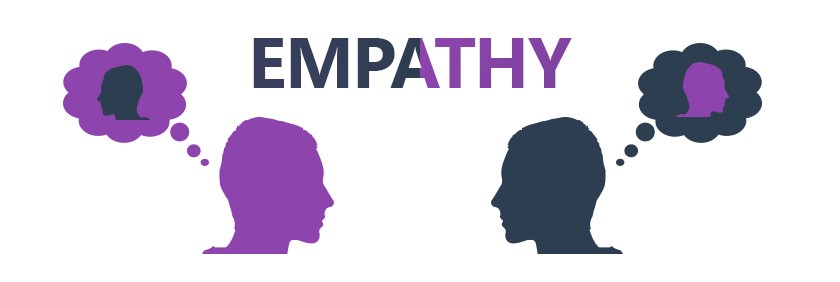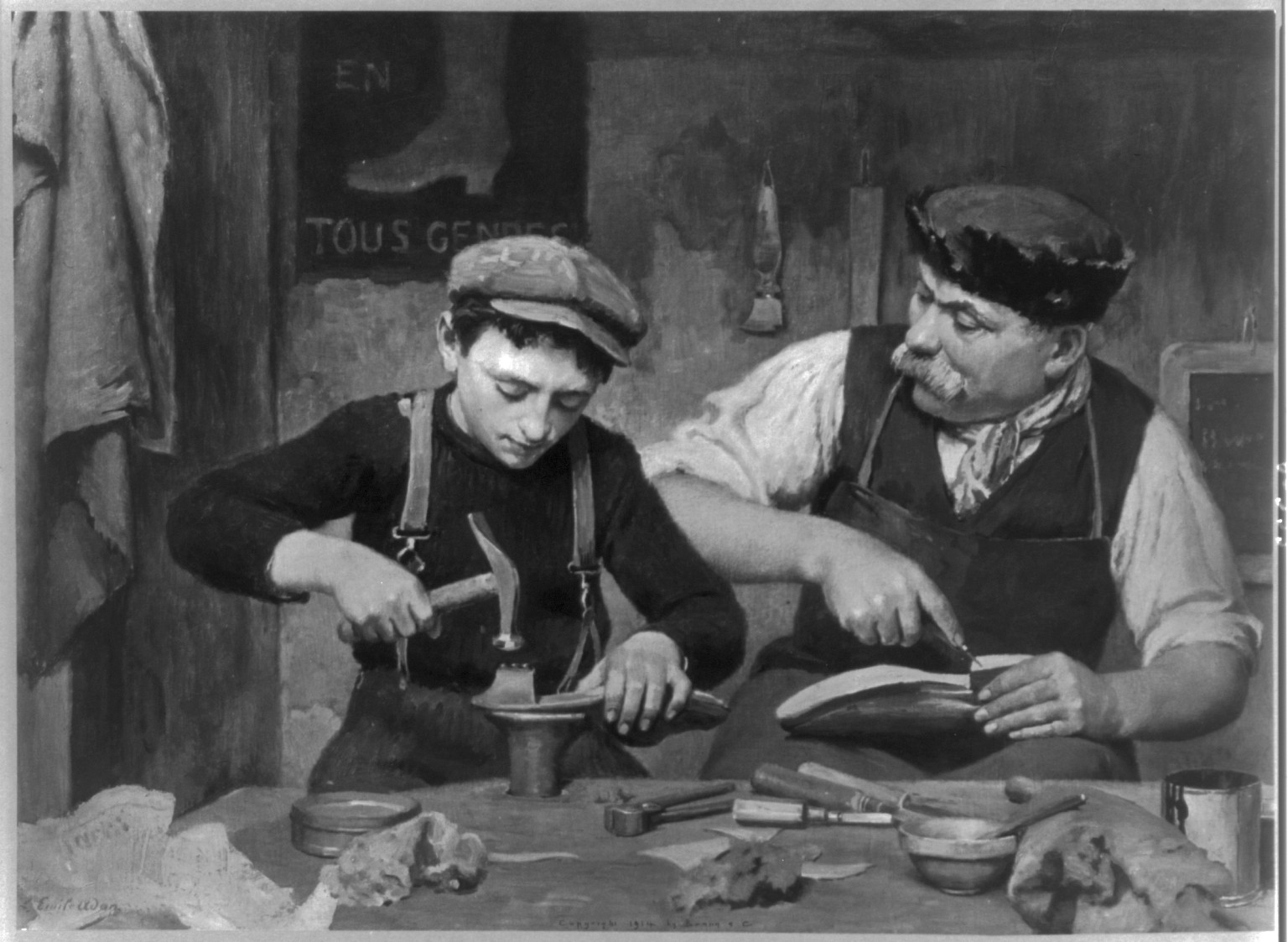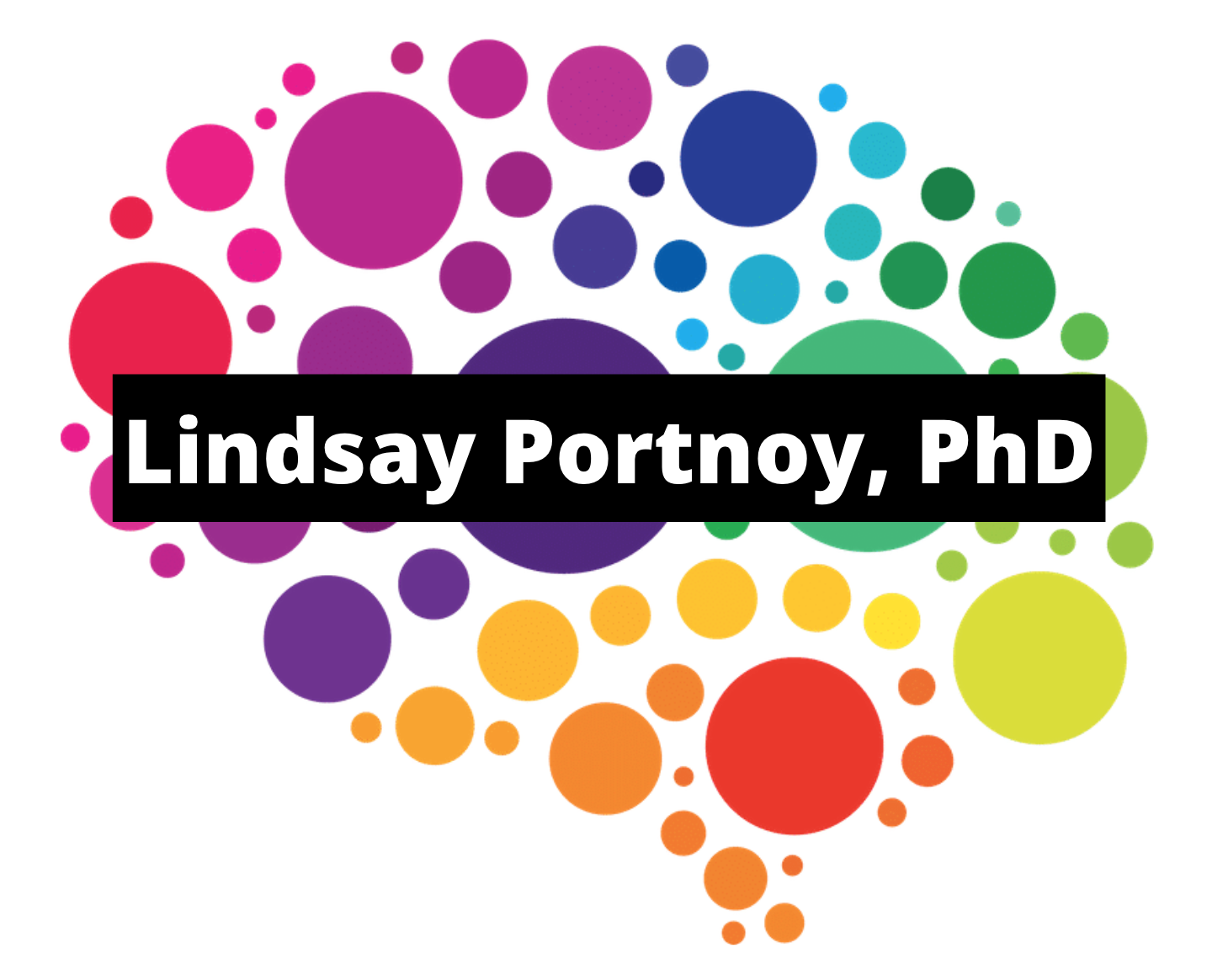The science of learning at your fingertips…
Design Thinking
Preparing our youngest citizens to be critical thinkers and creative problem solvers requires a combination of hard and soft skills inherent within the design thinking framework. Blending complex content communication, problem solving, and collaboration, design thinking invites learners to take the perspective of others and develop empathy to guide students in solving real problems in their lives today along with the uncertain problems in their futures. Design thinking is simply good pedagogy. Read more here and here.
Formative Assessment
Ongoing formative assessment continuously fuels learning and classroom engagement. There are simple steps to ensure the feedback you provide is relevant and actionable. What's more, students can be a part of the process and in doing so become more efficacious learners. Read more about how formative assessment improves learning and extends inquiry here, here, and here.
From Motivation in the 4th Industrial Revolution to Empathy in VR, read more about the science of learning in these pieces:




















